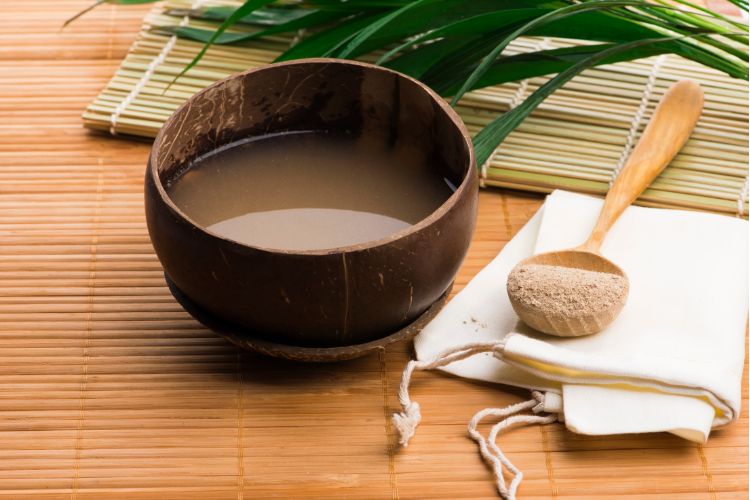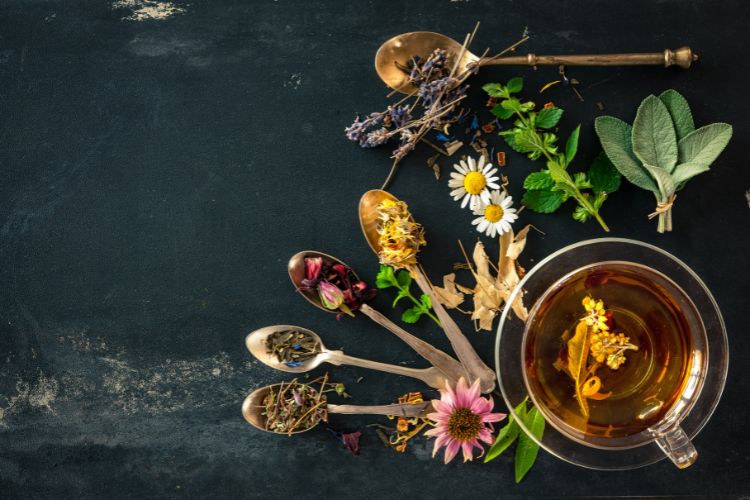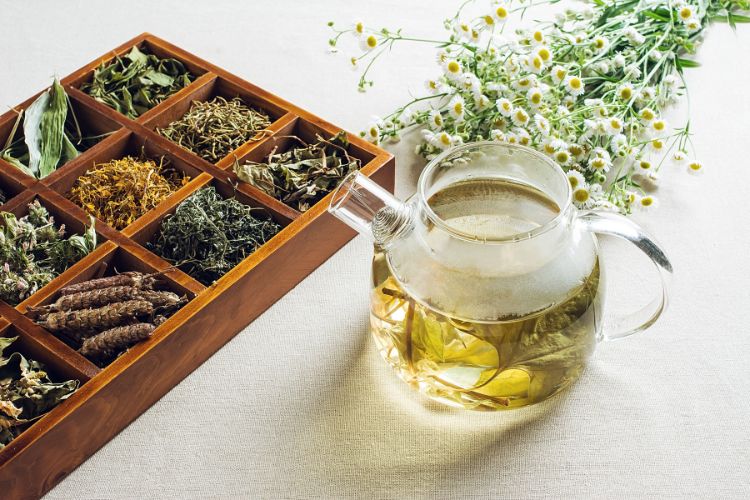What Herbs Should Not Be Mixed Together in Tea
People often turn to herbal teas for help with stress, digestion, or sleep. However, mixing the wrong herbs can lead to problems most don’t see coming.
Some blends interfere with medications, reduce absorption of vitamins, or increase the effects of other supplements. A mix meant to calm the body could cause drowsiness, dizziness, or even trigger adverse interactions—especially if taken with a drug that’s already in your system.
Most don’t check with a provider before sipping, and labels rarely warn about how one plant reacts with another. That’s where things get risky.
Knowing what herbs should not be mixed together in tea helps keep your cup both soothing and safe.
Why Some Herbs Shouldn’t Be Combined
Some herbs carry similar effects, which might sound helpful—but can lead to trouble when combined in the same cup.
The body doesn’t always process overlaps well, especially when there’s an ongoing health condition or daily supplements involved. Even without prescriptions, these teas can still affect your system.
Here’s where combinations become risky:
- Increased drowsiness: Mixing herbs with calming or sedative effects (like Kava) may cause strong sleepiness, confusion, or delayed reaction.
- Higher bleeding risk: Some herbs thin the blood on their own. Together, they may raise the chance of bleeding, especially during surgery or injury.
- Unpredictable anxiety response: Herbs meant to reduce stress may backfire when used with others that affect the same pathways. This could trigger anxiety instead of easing it.
What works alone might not work in a group. If you’re unsure how something will interact, a quick check with a provider can prevent a problem before it starts.
Herbs That May Interact With Each Other
Some herbs feel harmless on their own, but take on a different effect when blended. Certain pairs can influence blood flow, raise anxiety, lower your energy, or interfere with various bodily functions.
You might feel fine one day, then suddenly experience drowsiness, headaches, or a reaction that doesn’t make sense.
Here are combinations to think twice about:
1. Kava + Valerian Root
Both are known for their calming properties, often used to manage stress or improve sleep. However, together, the doses can stack and cause extreme drowsiness, dizziness, or delayed response time.

2. Garlic + Ginkgo Biloba
These plant-based products support circulation but can thin the blood more than expected. This raises the chance of bleeding, particularly during surgery or while using anticoagulants.
It’s best to avoid the mix if you’re on any drug that affects clotting or if you’re scheduled for a procedure.
3. St. John’s Wort + Passionflower
Both have effects tied to mood, and combining them may increase the chance of headaches, fatigue, or mood swings.
People already on antidepressant medications are especially at risk. This combination may also interfere with the way your body breaks down other supplements or drugs.
4. Turmeric + Ginger
This blend is common in teas marketed for inflammation or digestion.
Yet, both may reduce iron absorption, which could be a problem if your hemoglobin levels are low or if you take iron supplements. Anyone with an iron deficiency should space these out or avoid combining them.
5. Evening Primrose + Ginseng
Primrose oil supports hormone balance, while ginseng is often used for energy. Together, they may raise blood pressure, trigger muscle tension, or cause light sensitivity.
If you’re dealing with anxiety or taking any vitamins that affect nervous system response, this isn’t a safe blend.
When to Talk to a Healthcare Provider
Not every tea mix is harmless, especially if you’re managing long-term health needs. The effects of herbs can shift based on your medications, the time you take them, or how your immune system responds.

What helps one person may cause difficulty for someone else. It’s smart to check with a healthcare provider if:
- You take regular medications, including for blood pressure, mood, or sleep.
- You’re using other supplements, especially those with strong vitamins or hormone-related products.
- You’ve noticed strange changes—drowsiness, skin reactions, stomach upset, or anything new since starting a tea blend.
- You’re recovering from surgery, have a chronic illness, or are adjusting your diet or iron intake.
A medical professional can help you track how your body reacts over time. They’ll also spot possible risks with herbs that seem mild but create problems in certain situations.
When in doubt, it’s better to get consent and guidance before making changes. Even natural mixes can go wrong without the right support.
Safer Tips for Brewing Herbal Teas
When you’re trying out new herbs, it’s better to keep things simple—especially if you’re unsure how your body will react.
Here are a few tips to stay on the safe side:
- Start with one tea at a time, so it’s easier to notice how it affects you.
- Don’t mix it with medications or supplements at the same time.
- If you’re taking something like iron, space your tea out by a few hours, or have it with an iron-rich meal to help with absorption.
- Always buy from sources that show full labels, including doses and what’s inside the product.
- Skip random blends you find online at night—no clear rule means no clear outcome.
Safe doesn’t have to mean boring. Just make sure you know what’s in your cup.
Quick Recap
Herbal tea can be a steady part of your routine—as long as you pay attention to how different herbs interact.
The wrong combinations might cancel each other out or create an unexpected effect. It depends on the product, the time you drink it, and your body’s current needs.
If you take medications or supplements, that adds another layer to think about. Before mixing anything new, check the labels, keep track of what you’re trying, and take breaks between blends.
The right provider can also help you understand how these relationships work in your system. Knowing what herbs should not be mixed together in tea isn’t about playing it safe—it’s about keeping the benefits where they belong: in your cup, not working against you.


